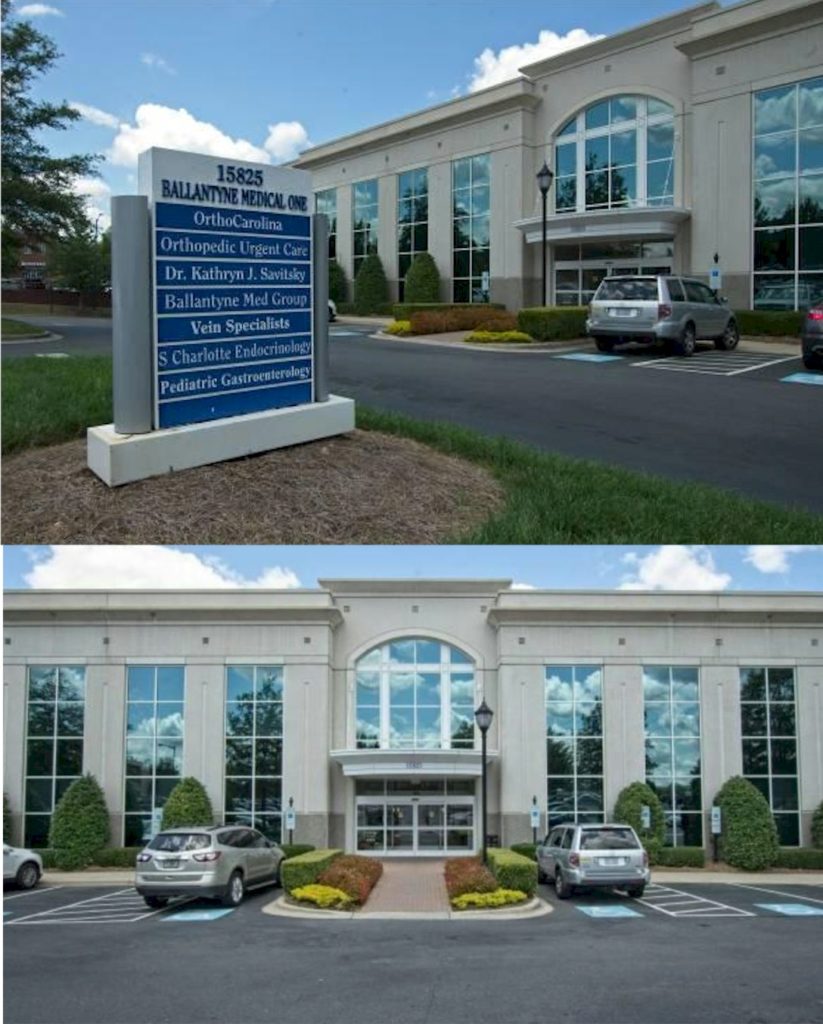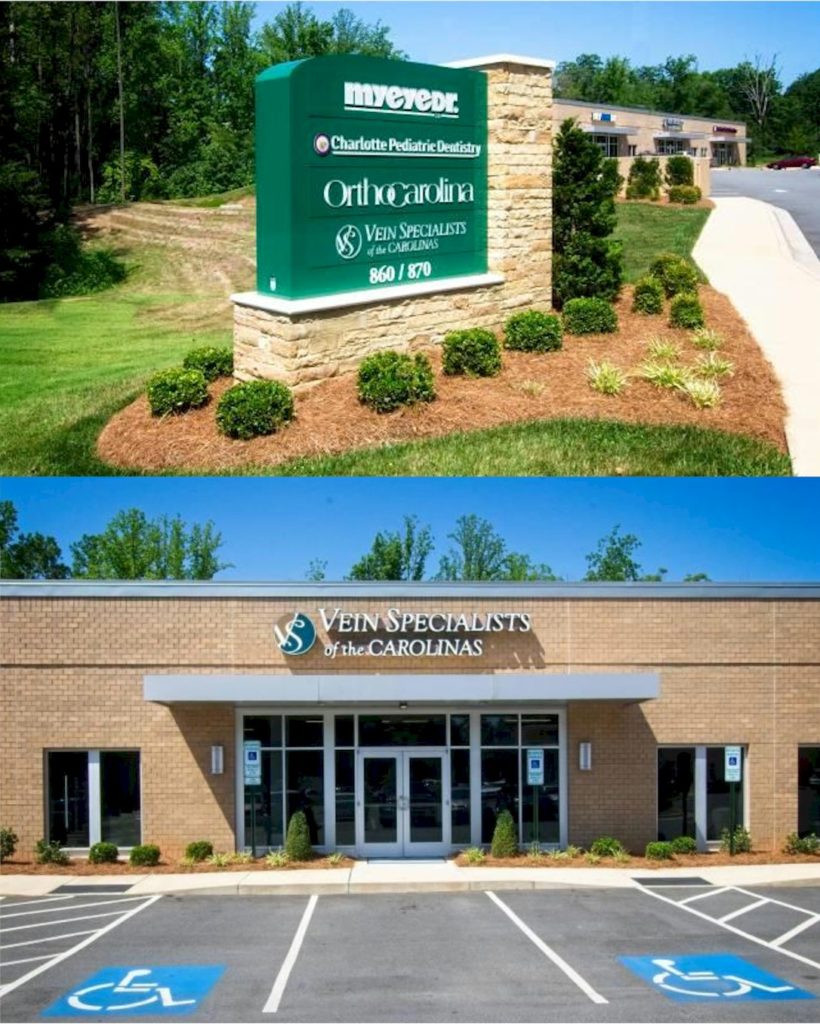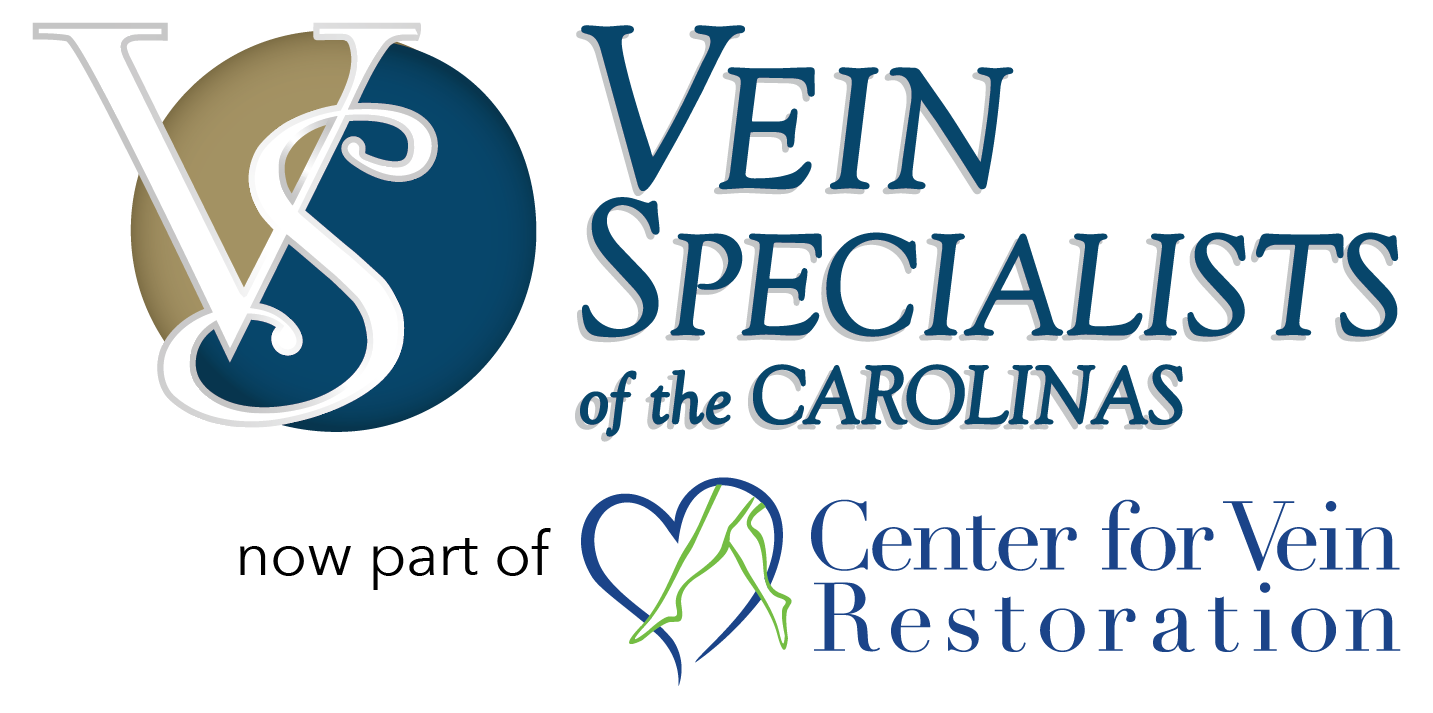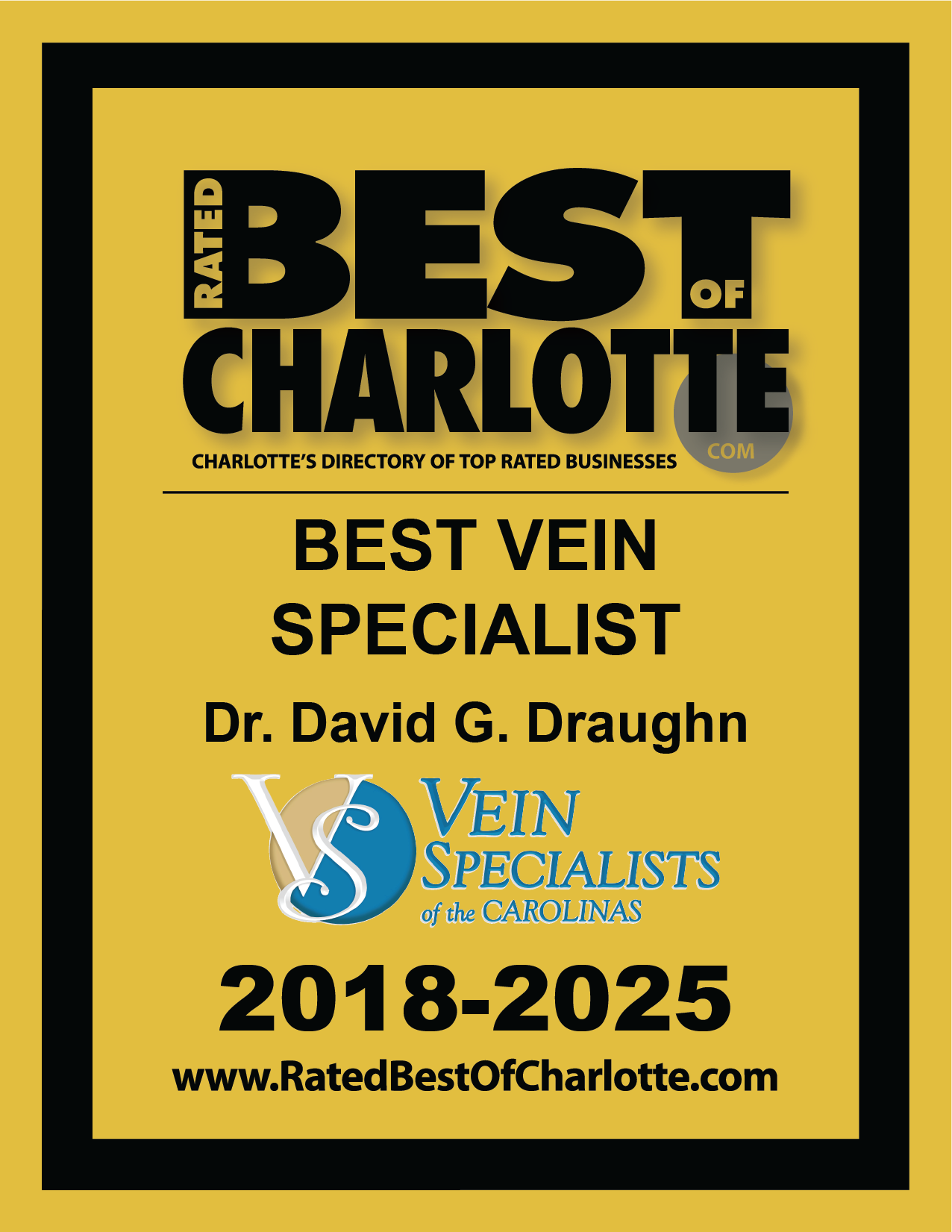Vein Disorders – the “Big Picture”
Vein Specialists of the Carolinas
Vein Disorders affect 50% of
women & 30% of men by age 50
ARTERIES carry bright red oxygenated and nutrient filled blood from the heart to the tissues under high pressure.
CAPILLARIES are millions of microsmall vessels that connect the arteries to the veins. They have tiny holes and let fluid and protein out into the tissues.
VEINS carry the blood and most of the fluid out of the tissues back to the heart with CO2, Lactic Acid, and all other waste products of cellular metabolism under very low “left over” pressure.
LYMPHATICS carry fluid and protein not collected by the veins back to the heart.
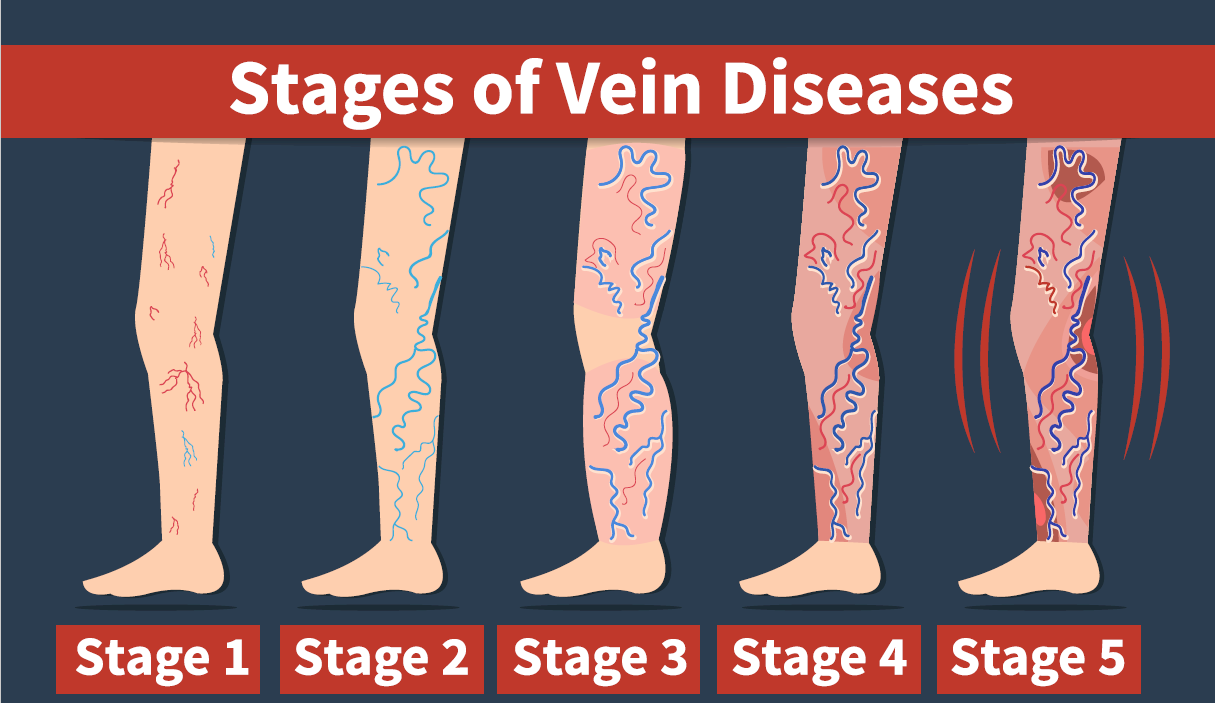
What Causes Vein Disorders?
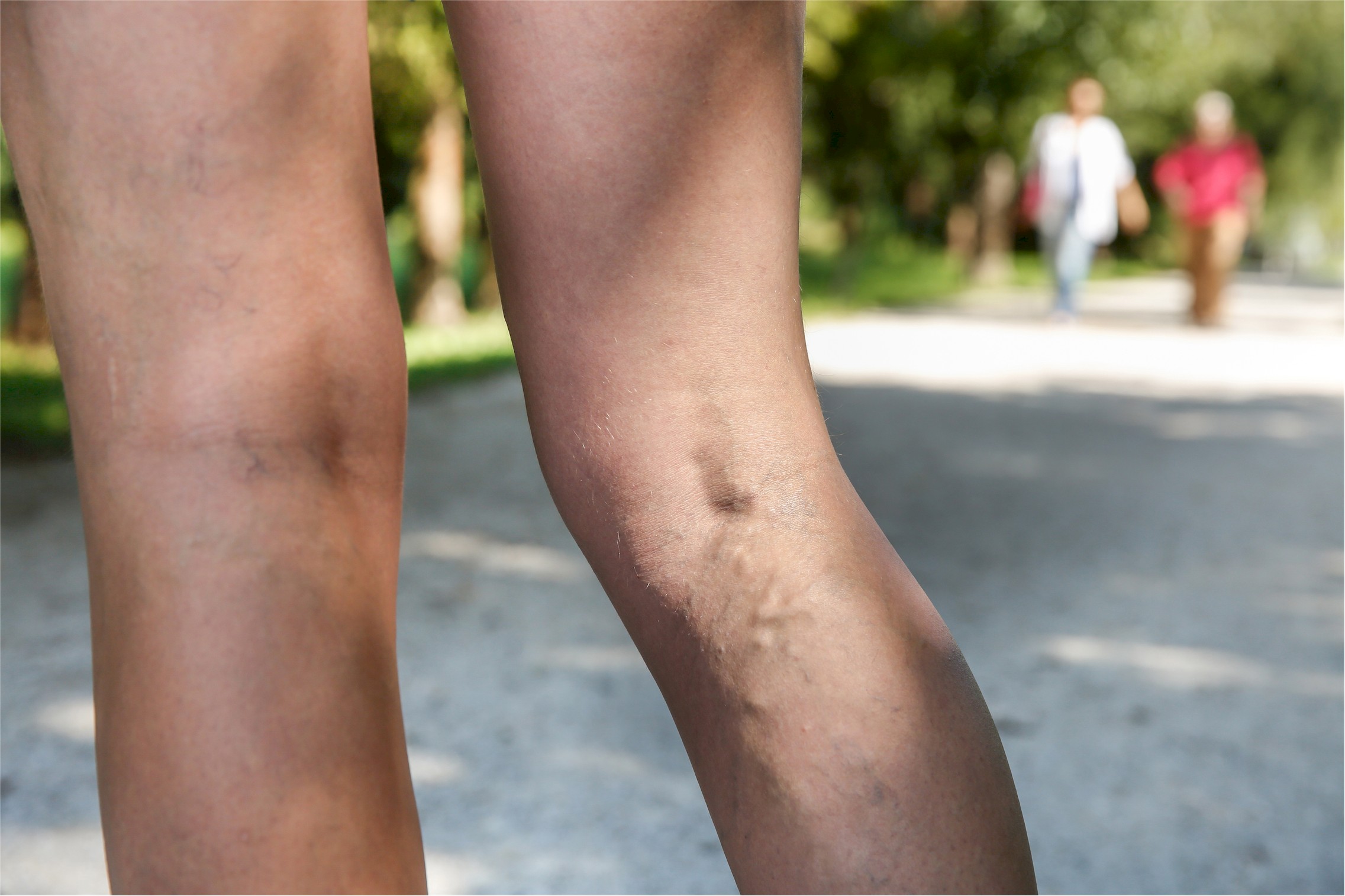
Improper Emptying is the underlying cause of all vein problems because of increased back pressure in the veins and in the tissues they drain. This is known as CVH-Chronic Venous Hypertension. Simply Put: THE SEWER SYSTEM IS BACKING UP.
There are 2 ways drainage gets disrupted:
-
Reflux is the most common problem.
- Veins have one way valves. This allows them to carry blood upwards against the force of gravity, without the benefit of the pumping pressure of the heart. When they go bad, blood flows backwards. Reverse Flow = Reflux
-
Blockage is the other.
-
2 Causes of Blockage:
- Internal vein blood clots (DVT)
- External compression from the outside of the vein (May Thurner)
-
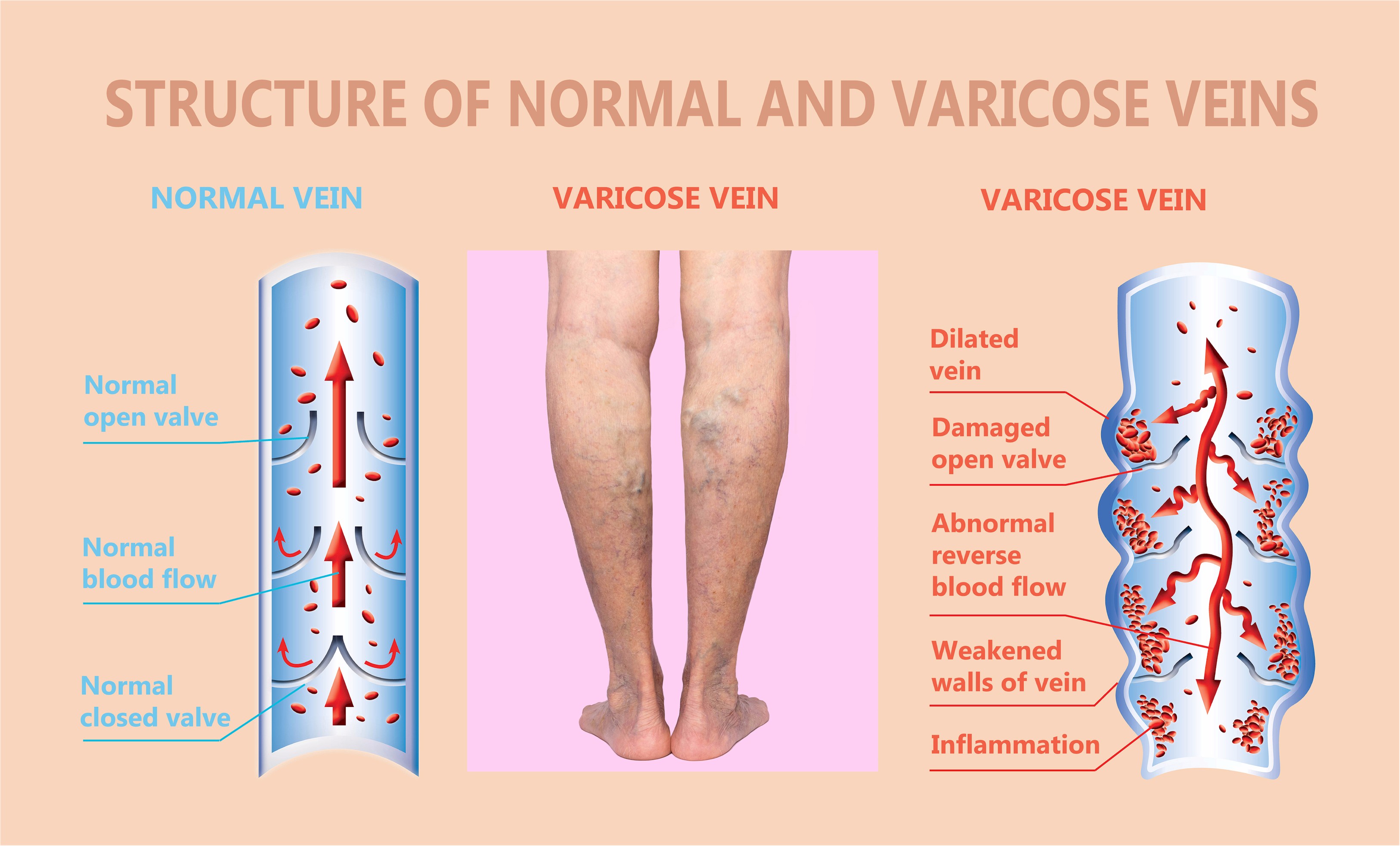
Complications from Vein Disorders
Veins and Tissues Cannot Tolerate High Pressure and Ineffective Emptying.
When VEINS are affected by reflux or blockage, they become VARICOSE which
simply means large and twisty (Spider veins are just tiny varicose veins).
When the TISSUES get affected, swelling, skin discoloration, skin thickening and even
open sores develop. We call this stage CVI, or Chronic Venous Insufficiency.
Changes occur mostly in the legs because it is harder to drain blood and fluid uphill
against gravity and there is further to go to get back to the heart.
Any vein, anywhere in the body, can become varicose if it doesn’t empty well.
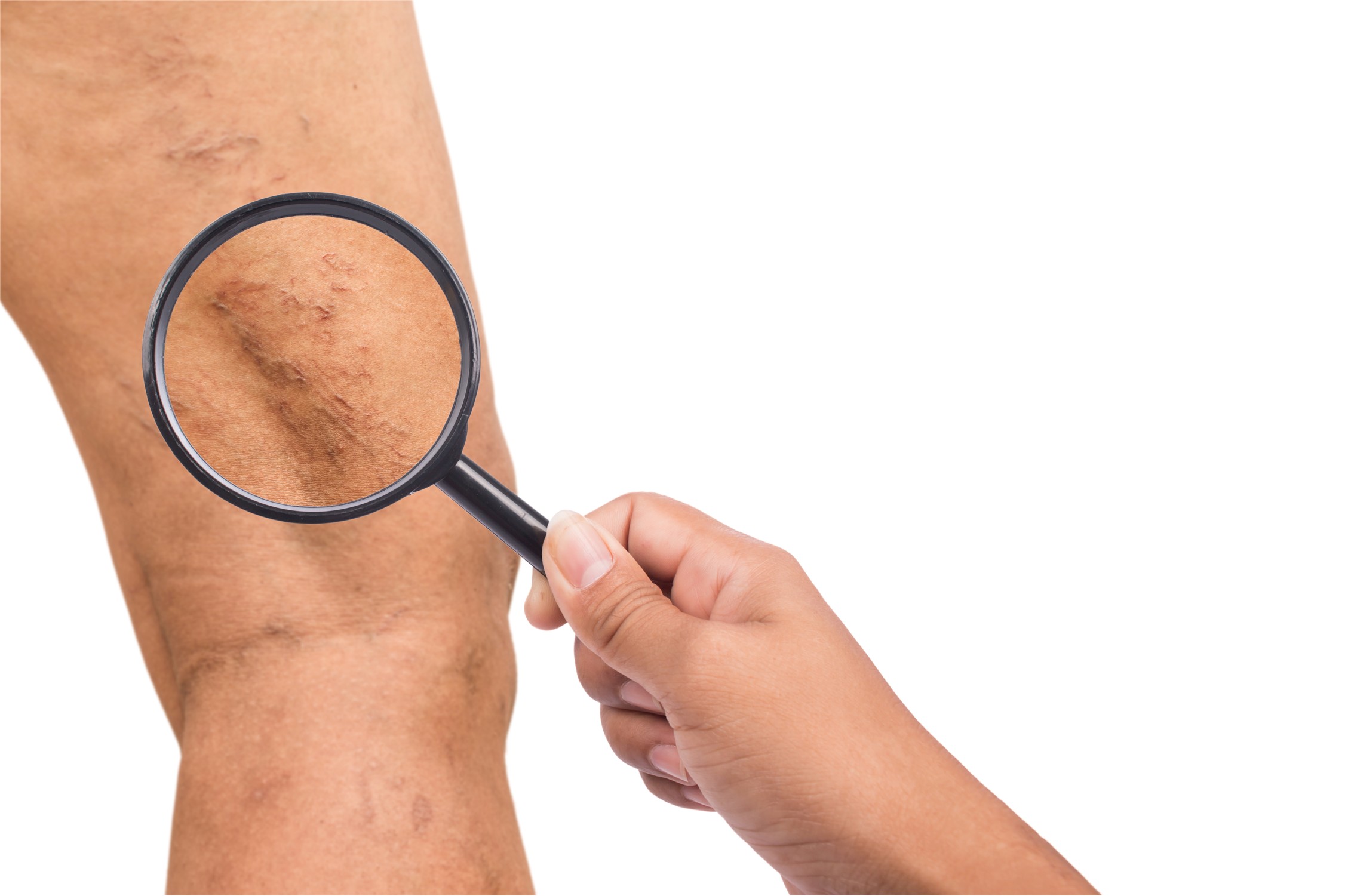
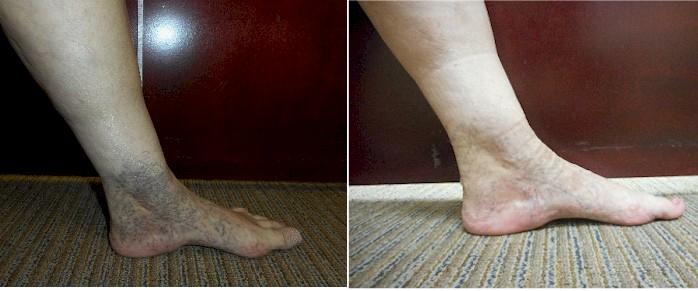
Before and After Vein Treatment
What Factors are Associated with
Venous Insufficiency?
HEREDITY
If one parent has it, you have almost 50% chance of getting it. If both parents have it, you have more than 90% chance to have vein problems.
GENDER
Women are much more likely than men to suffer from vein disorders. Even women who have not been pregnant.
PREGNANCY
Women who have been pregnant are more likely to have vein problems than those who have not
ACTIVITY OR OCCUPATION
People who spend much of their day standing or sitting for prolonged times have more vein problems. Walking helps to empty veins, as does leg elevation.
OTHER
Other contributing factors include aging, obesity and injury
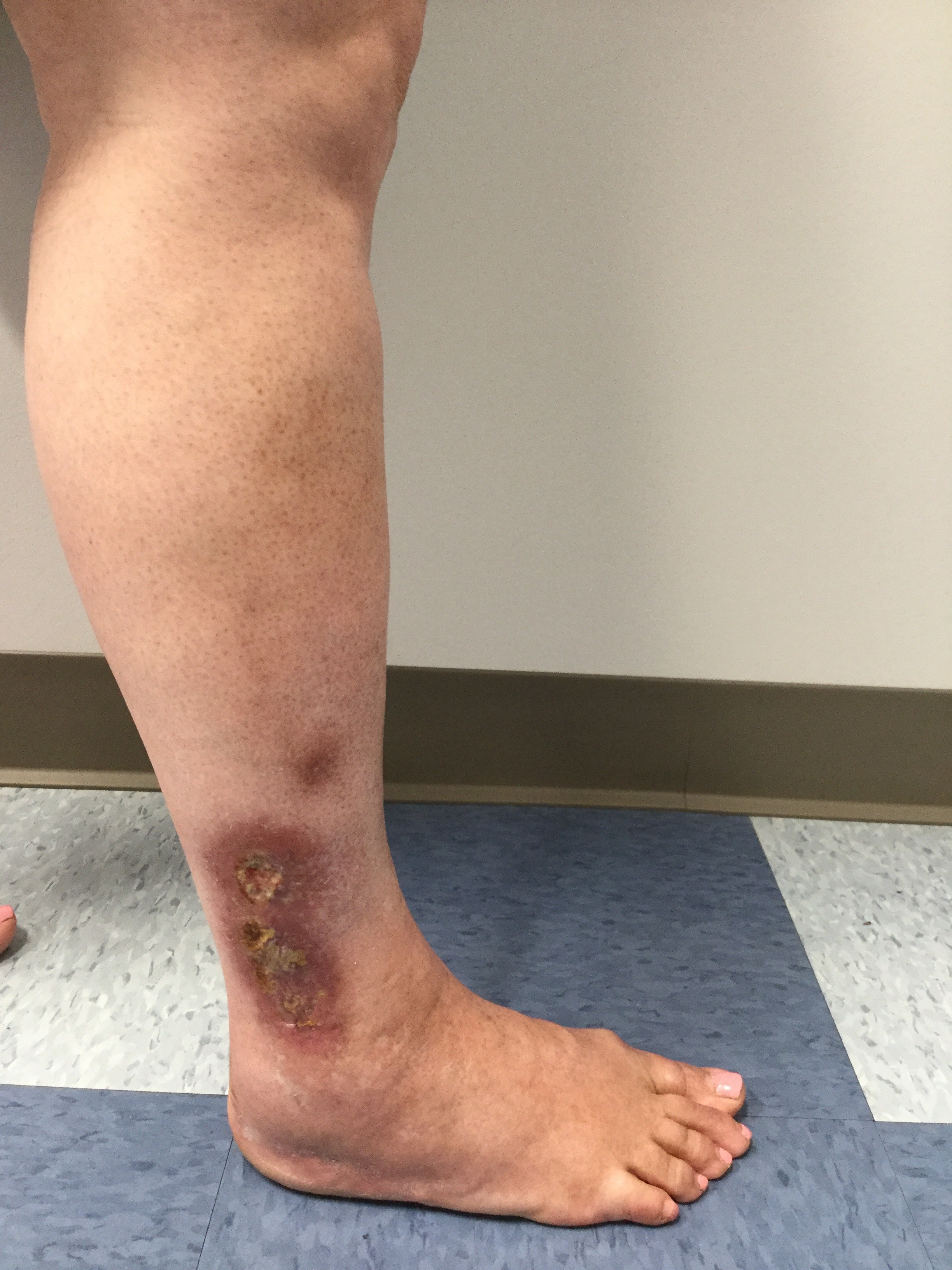
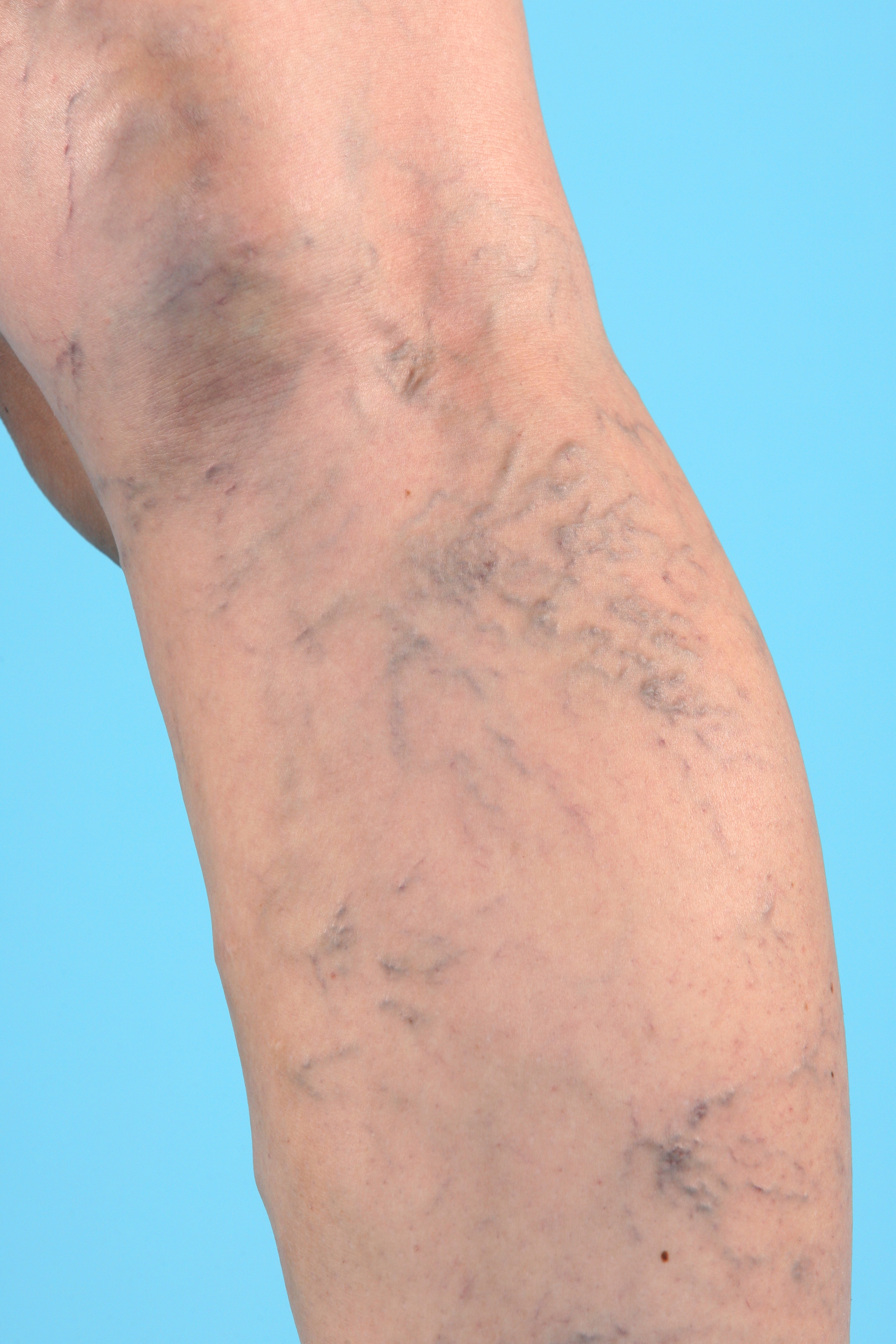
Anyone who has pain in the legs:
Symptoms of vein problems usually include heaviness, aching, tiredness, tightness, stinging, burning, and throbbing, especially with standing or sitting. Elevating the legs nearly always makes them feel better. Itching is common. Nighttime restlessness and cramping are very common vein symptoms.
Anyone with swelling of the legs:
There are many things that cause leg swelling including heart, kidney and thyroid issues. Medications can cause swelling too. If these have been ruled out, then the veins need to be assessed.
Anyone with red or brown skin discoloration of the lower legs:
This is a sign of a more serious form of vein problems called Chronic Venous Insufficiency.
Anyone with nonhealing wounds of the lower legs:
These may be Venous Leg Ulcers or VLU. Diabetes and blocked arteries have to be considered also.
Anyone diagnosed with phlebitis or DVT:
- Phlebitis is a non-serious clot in a varicose or superficial vein.
- DVT, Deep Vein thrombosis, is a blood clot in a major deep vein that is serious and could move to the lungs (PE-pulmonary embolus) and be fatal.
Anyone with bleeding from veins.
Anyone with varicose or spider veins who wants their legs to look better.
Anyone with Lymphedema.
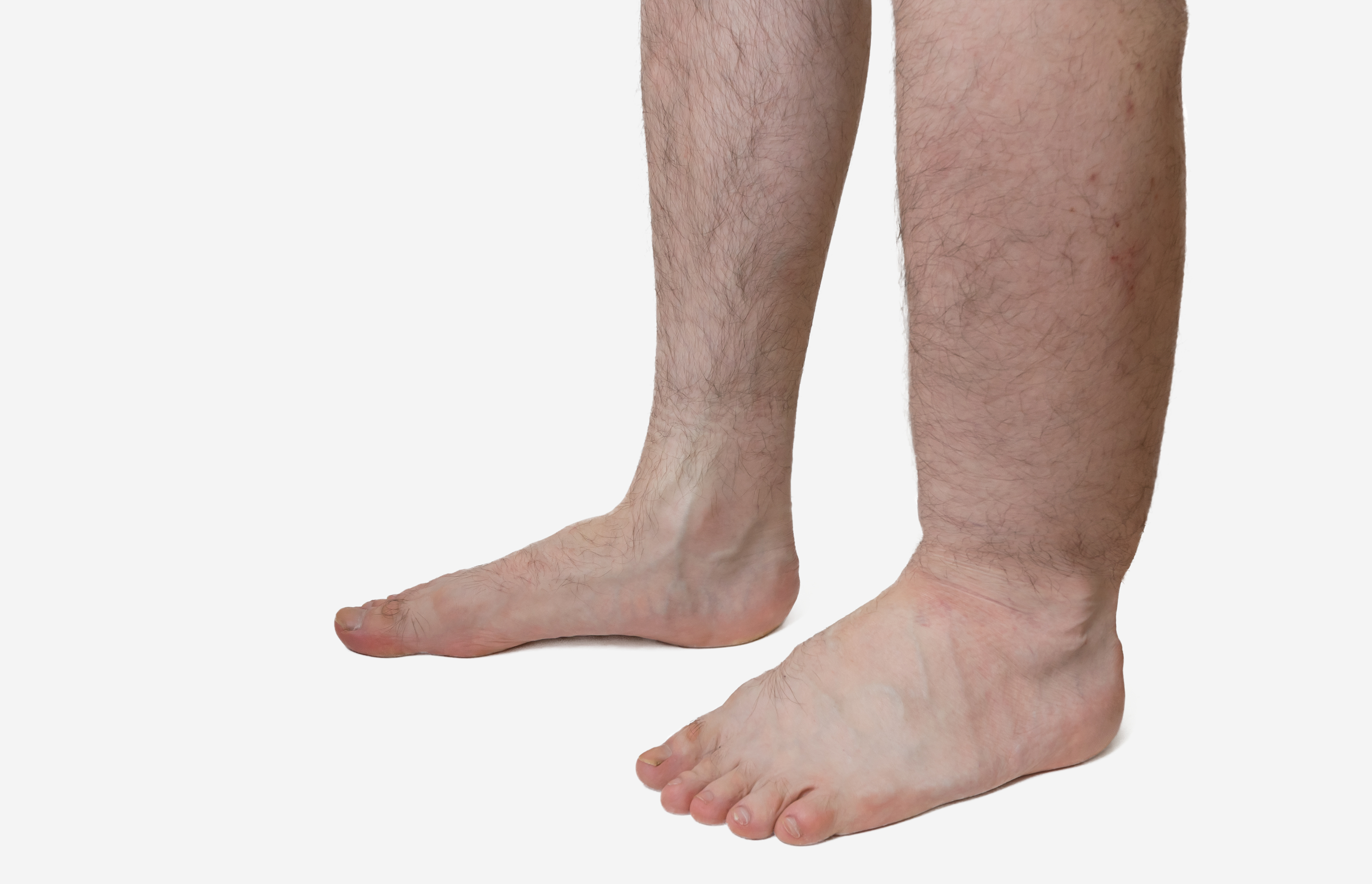
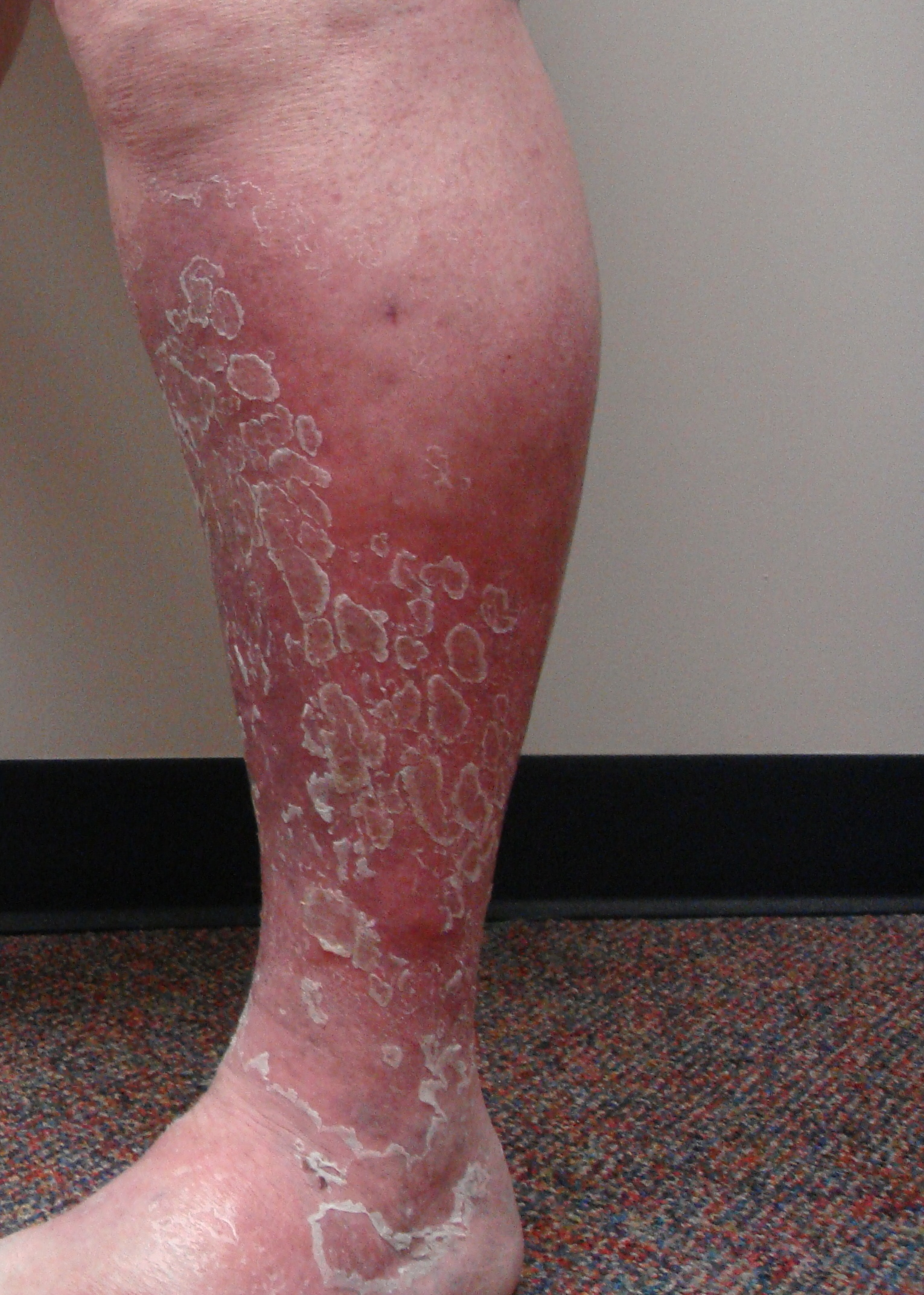
CHARLOTTE, NC
Phone
Hours
Mon.-Thurs.: 7:30am - 4:30pm
Friday: 7:30am-12:30pm
Address
15825 Ballantyne Medical Place,
Ste. 240
Charlotte, North Carolina 28277
GASTONIA, NC
Phone
Hours
Mon.-Thurs.: 7:30am - 4:30pm
Friday: 7:30am-12:30pm
Address
860 Summit Crossing Place,
Ste. 120
Gastonia, North Carolina 28054

